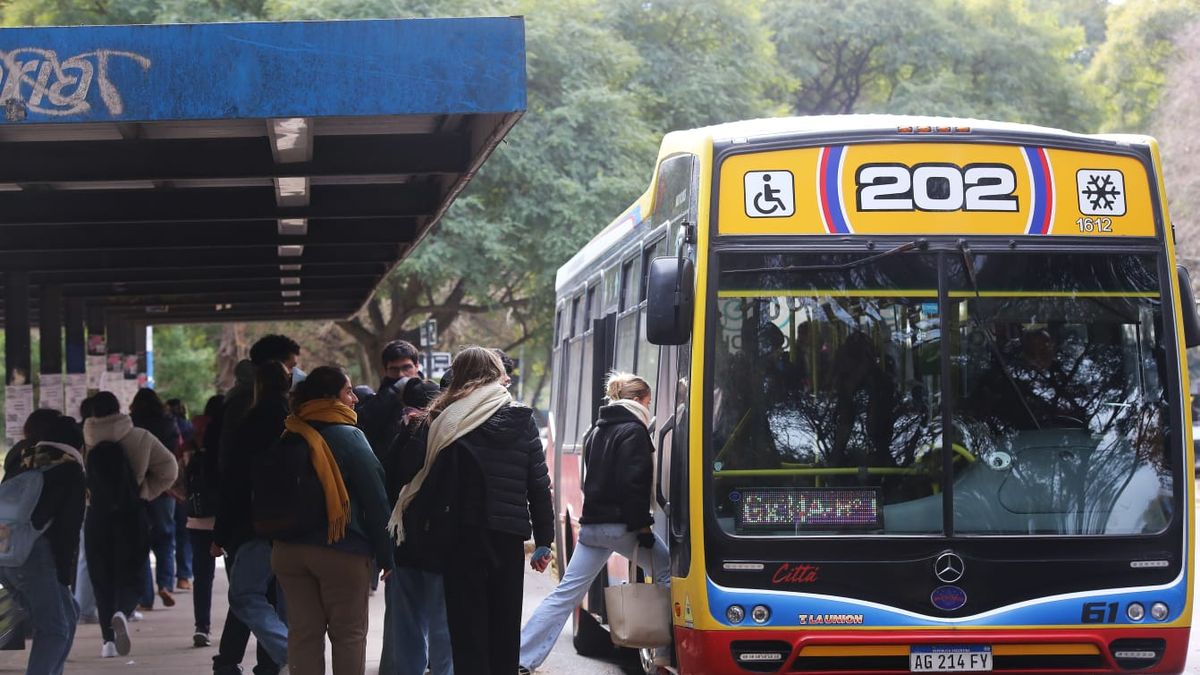The rejection in a citizen survey on the planned expansion of the Tesla factory in Grünheide is a signal far beyond the town’s borders. The exit is open.
The US electric car manufacturer Tesla suffered a setback when it voted no in a citizen survey in Grünheide about the planned expansion of the factory premises. The clear vote of almost two thirds against is on the table. The municipal council is still deciding on the development plan for the expansion. The citizens’ vote is not legally decisive, but it has a huge impact.
Why does Tesla even want to expand its factory premises?
The plant in Grünheide was opened less than two years ago in the presence of company boss Elon Musk. Tesla already has plans for expansion and wants to increase production capacity from the milestone goal of 500,000 cars per year, which has not yet been achieved, to one million cars per year. Tesla needs sufficient logistics space for the expansion.
It is also about greater delivery security. Car production had to stop for around two weeks this year because parts were missing due to the uncertain situation in the Red Sea. According to Tesla, a freight station should provide more environmentally friendly transport that will relieve traffic in the region. For this purpose, the company is planning a company daycare center.
What is the legal significance of the vote?
No. In December 2022, the Grünheide municipal council voted with a majority to draw up a new development plan so that Tesla can expand the factory site by 170 hectares, which would involve clearing more than 100 hectares of forest. However, community representatives still have to decide on the development plan itself. The result of the survey is an important basis for the decision because it shows what concerns there are about the factory where it is located – even though 12,500 people now work at Tesla.
How is the state government reacting to the citizens’ vote?
The result has a great psychological impact. Politicians are also looking at this, because it is about the acceptance of major projects. Brandenburg’s Economics Minister Jörg Steinbach (SPD) is looking ahead. “I also see the vote result as a motivation for the community and Tesla to provide a conceptual answer to the concerns that have not yet been resolved in the next few weeks and months,” he told the German Press Agency.
Who decides whether to expand or not?
The municipality of Grünheide has the decision in its hands. Grünheide’s mayor Arne Christiani (independent) said after the vote that the rejected development plan would no longer be presented to community representatives in its current form. The community representatives will next meet on March 14th – but so far the expansion has not been on the agenda. The next date would be on May 16th. In addition, the state parliament’s finance committee would have to approve a sale of the area by Brandenburg’s state forestry company. According to the Ministry of the Environment, the state government had already promised Tesla the acquisition of another area in 2019 – subject to development plan law.
Are there comparable cases of a citizens’ vote in Germany?
In Bavaria, for example, things went the other way around last year. Opponents of a battery plant run by the German car manufacturer BMW failed in their attempt to prevent construction in September 2023. The citizens of the town of Straßkirchen in Lower Bavaria decided by a large majority in favor of the settlement. The citizens’ initiative against the construction, which would destroy around 100 hectares of fields, failed in a referendum.
Source: Stern




